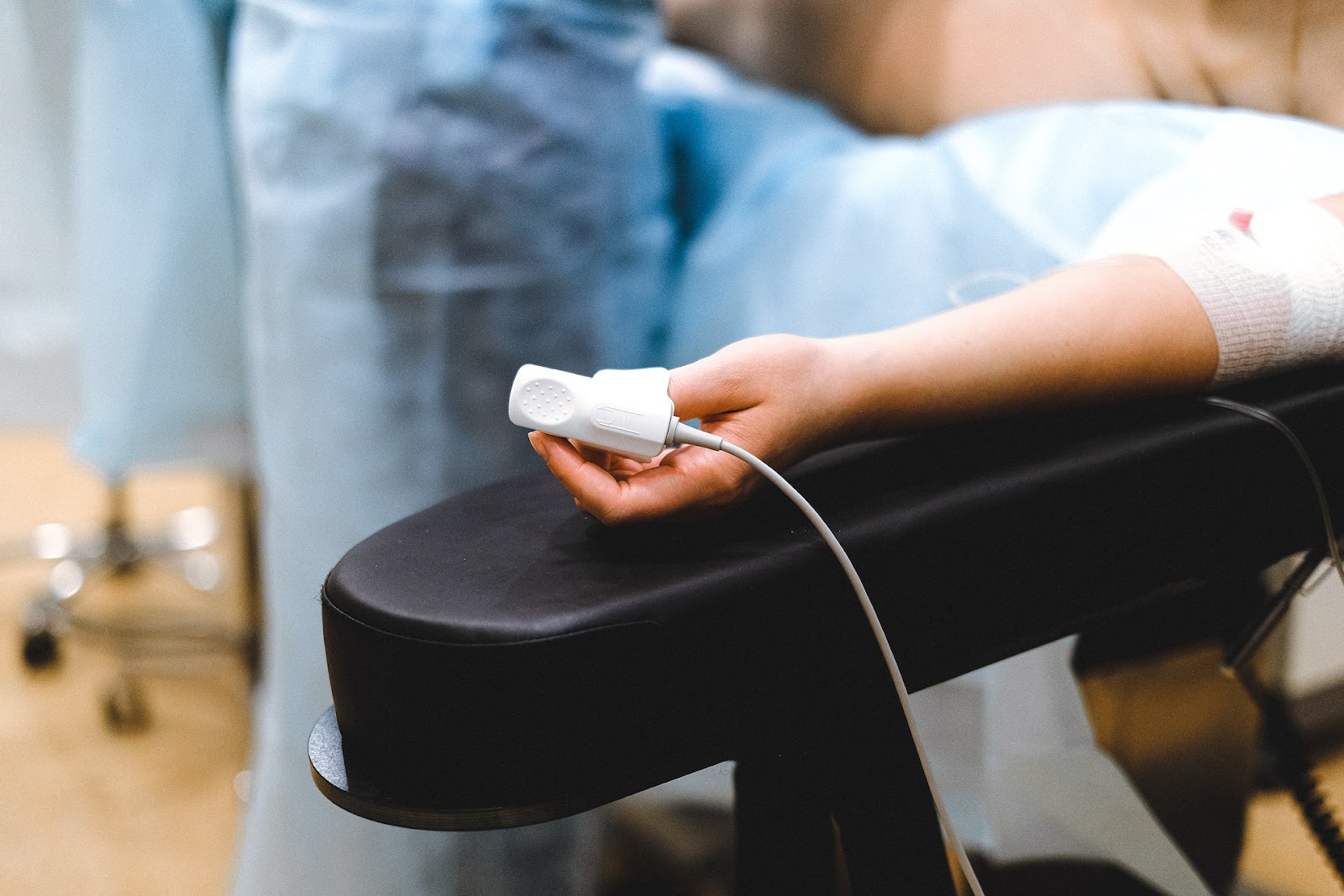When it comes to health care, one of the most important aspects is the relationship that exists between a doctor and their patient. Without strong communication and trust, it is difficult for any doctor to effectively treat their patients and help them improve the patient’s overall health.
A general physician is best placed to serve when he understands his patients on a much more personal level. In this blog post, we will explore why it’s so important to foster strong doctor-patient relationships as well as how to build them effectively.
The doctor-patient relationship is one of the most crucial aspects of health care. It is the foundation upon which all medical care is built and it plays a vital role in determining the quality of that care. A strong doctor-patient relationship can make a huge difference in both the quantity and quality of care you receive as a patient.
Many factors contribute to a strong doctor-patient relationship. One of the most important is communication. Good communication between doctor and patient is essential to ensure that the patient receives the best possible care.
Another important factor is trust. Patients need to be able to trust their primary care dr to feel comfortable sharing information about their health and allowing them to make decisions about their care. Building strong doctor-patient relationships takes time and effort. But, it is well worth it for both patients and doctors.
Patients who have strong relationships with their doctors are more likely to receive better quality care and have better health outcomes. Doctors who have strong relationships with their patients are more likely to be satisfied with their work. They are less likely to experience burnout or mental fatigue.

Image source: Pexels
When it comes to your health, you want to be able to trust your doctor and feel confident in their abilities. This is why building a strong doctor-patient relationship is so important.
By establishing a good rapport with your physician, you can feel comfortable discussing your health concerns. Some of the benefits of having a strong doctor-patient relationship include:
When you have a good relationship with your doctor, you can feel more comfortable communicating with them about sensitive topics such as sexual health or mental health concerns. This helps ensure that you get the care and treatment that you need.
If you trust and feel comfortable with your doctor, you are more likely to follow their treatment recommendations. This can lead to better health developments overall.
When you have a good relationship with your doctor, you tend to be more satisfied with the care you receive. This can lead to improved cooperation with future appointments and treatments.
There are many ways to build a strong doctor-patient relationship, but some key things to keep in mind are:
An important factor in any relationship is trust. Patients need to feel like they can trust their doctor with their medical information and decisions. In turn, doctors need to be honest and open with patients about their condition and treatment options.
Good communication is essential for any relationship, and this is especially true for the doctor-patient relationship. Both you and your primary care dr need to communicate with each other about medical concerns, treatment options, etc.
Respect is another key ingredient in any healthy relationship. Patients should feel respected by their doctors, and vice versa. This means respecting each other's time, opinions, etc.
Ultimately, the goal of the doctor-patient relationship is to work together as a team to provide the best possible care for the patient. This includes making sure that both of you are on the same page regarding treatment decisions, goals, etc.
For doctors to provide the best possible care for their patients, they must have strong communication skills. This means being able to explain medical concepts in a way that patients can understand. It can also connote being able to listen to patients and understand their concerns.
Good communication between you and your general physician can lead to better overall health outcomes. When patients feel like they can openly communicate with their doctor, they are more likely to follow treatment plans and take medications as prescribed. You are also more likely to feel comfortable asking questions and raising concerns. This can help prevent minor health issues from becoming major problems.
Of course, communication is a two-way street. For your doctor-patient relationship to be truly effective, you need to be willing to communicate openly with your doctor as well. This means being honest about symptoms, medications, lifestyle choices, etc.
Patients who withhold information from their doctors are putting themselves at risk of receiving substandard care. So, if you want to make sure you're getting the best possible care from your doctor, make sure you're communicating openly and effectively!
The doctor-patient relationship is essential for successful healthcare outcomes. When both the patient and doctor communicate openly and honestly, trust can be established which leads to better treatment decisions.
While many challenges come with such relationships, they must be built to ensure quality healthcare. Understanding each other’s goals and expectations helps create a more informed healthcare environment that encourages collaboration among all parties involved.
As healthcare transforms, doctor-patient relationships will help create a more personalized healthcare service. The patient-centric model will form the bedrock for a more satisfactory experience.
No, it doesn't. Rather, it affords the general practitioners the to recommend solutions based on the patient's pain point as disclosed during communication hours.
Consider which primary care model suits your needs. Next, think of what you're looking for in a physician, request medical records, and book an appointment. Alternatively, you can see local listings or ask a friend for recommendations.
Be the first to post comment!